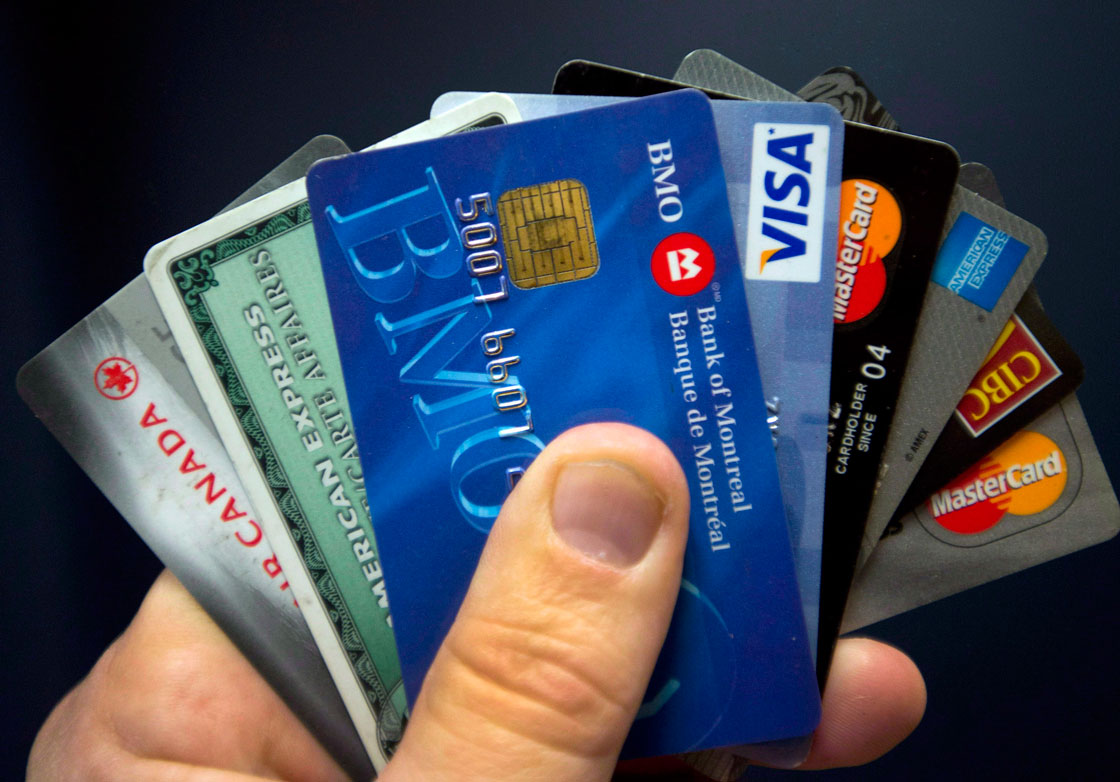Regardless of what got you here, whether it be bad financial habits, being laid off, or a financial emergency, all that matters is that you get back on your feet and on your way back to financial health.

Hiding behind a pool of debt won’t help. Neither will waiting it out. Here are a few tips from Mary Castillo, a counsellor at Credit Counselling Society, to help.
Don’t deny your financial reality
Don’t panic, Castillo says, but don’t ignore what’s happening either.
“Clients tend to stick their heads in the sand and just wait for things to get better and maybe in the past, it’s worked for them,” she said.
But chances are, it’ll catch up to you. Instead, assess your assets and liabilities. If you’re having trouble keeping up with your bills, have excessive loans or you’re in delinquent status for anything you’ve borrowed, start making active changes before it gets worse. Remember, you can’t make changes if you don’t think anything’s wrong.
Ditch your old lifestyle
“Human nature is you live the lifestyle that you’re earning. Now that people have lost their jobs, they’re kind of in that mode of scrambling to keep up with those heavy payments they’re used to paying.”
With a steep economic slowdown hitting people across the country, Castillo says many people don’t know how to modify their financial habits. Job loss or not, she says new proactive steps, like skipping that excessive phone plan or making dinner at home could help. Maybe put that vacation on hold , too.
See a credit advisor. Have a plan
- Suspect in killing of temple leader Hardeep Singh Nijjar got student visa in ‘days’
- ‘Summer of discontent’ coming over public service in-office order: unions
- Panera to remove ‘Charged Sips’ drink from Canada amid wrongful death lawsuits
- Minister Boissonnault to testify before ethics committee over ties to lobbyist, PPE company
“It makes it very difficult when you get phone calls after phone calls from different creditors calling you and you just don’t know, if I put some money there … that means the other person is going to be left without,” Castillo said.
Sorting out your finances is overwhelming to say the least, but you don’t have to do it alone. Credit Counselling Society is a not-for-profit organization to take the load off.
Castillo says an advisor will be able to see what you may be missing and develop a detailed spending plan that can save you “x” amount of dollars every month.
Consider selling/trading your assets
“Maybe look at doing trade-ins with vehicles or deferring car payments,” Castillo suggests.
Trading in your vehicle may make for more room in your budget and help you keep up with payments. Don’t forget to try negotiating your loans. Ask your bank if a product with a lower interest rate product is available and try consolidating your debt.
READ MORE: ‘People scrambling’: Auto loan delinquencies on the rise in Sask.
And credit card interest rates? They’re often way too high.
Call your creditors back
“If your creditors find that you are talking to them and trying to make arrangements with them, they’re more apt with you to try to allow you to keep that vehicle, keep what you have.”
If you just leave it, then they just don’t know what your status is, says Castillo. She adds most people are afraid of creditors and ignore them. Call them back. Explain your situation. In the worst case scenario, you’ll know if you need to prepare for having any assets seized.
If you have any financial tips or stories to share, tweet @LeenaLGlobal.






Comments